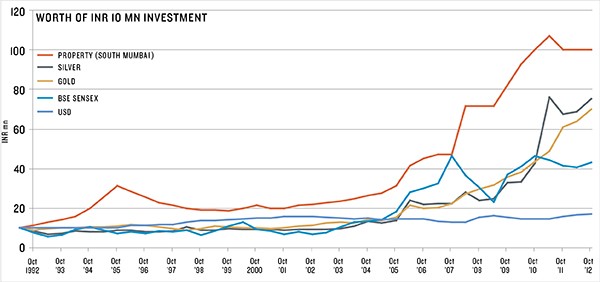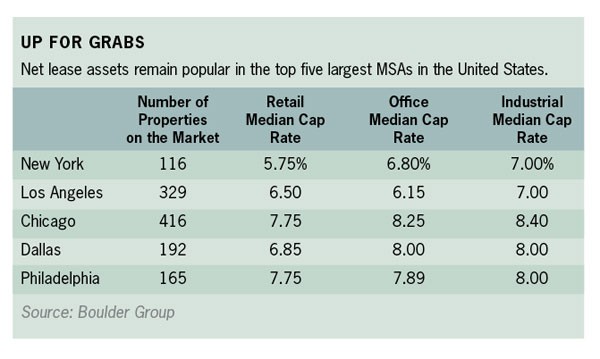How to Price a Risky Tenant when Investing in Commercial Real EstateHow to Invest in Commercial
Post on: 30 Май, 2015 No Comment

When successful commercial real estate investors lease their commercial real estate to a tenant of varying creditworthiness, they adjust for risk by altering rental rates, security deposits, guarantees, and improvement allowances, not the fees they pay commercial real estate brokers.
Often, commercial real estate investors confuse the tenant’s risk associated with the commercial real estate broker’s fee. Andy Zezas, SIOR, a well-respected tenant rep broker, explains that if the landlord perceives the tenant’s to be high risk, he tries to withhold or reduce payout, and if he perceives the tenant to be low to moderate risk, he may pay a market rate.
Andy describes this practice as asking the broker to guarantee the tenant’s creditworthiness below:
As for brokers acting as guarantor of the tenant’s creditworthiness and performance of lease obligations, that’s about as absurd as brokers guaranteeing landlord credit and performance. Brokers are fee-for-service professionals, not credit analysts, nor guarantors.
Andy’s right and here’s why.
Imagine that you are a bank. Let’s call your bank LBCCIM Washington Bank . You lend money to generate fees for profit, which keeps your investors happy and continually making deposits with you.
Your secret is that you are a savvy commercial real estate banker and lend intelligently to 3 types of borrowers:
1. AAA credit company. You like the certainty of knowing that this borrower pays the loan on time and satisfies the covenants agreed to in the mortgage and promissory note. Because of the certainty of getting paid, you offer this borrower a low interest rate.
2. BBB credit company. They pay their bills. Sometimes they’re late and they’ve renegotiated loans in the past. You’re aware that you carry some risk with this borrower and you offer them a higher interest rate.
3. CCC credit company. They are high risk, yet fit your lending profile and you’re eager to get some money on the street. You make the deal. What interest rate will they pay?

It’s simple. The higher the risk the borrower poses, the higher the interest rate offered. Higher risk = higher reward.
Here’s one consideration for you.
Nothing above has changed, except that borrowers AAA, BBB, and CCC have been introduced to you by an intermediary (let’s call him your mortgage broker). He is aware of the risks associated with each borrower, yet he knows that they all meet your lending criteria.
You and your mortgage broker have agreed to a fee, equal to a percentage of whatever loan amount you lend. Who, then, should you be spending your time negotiating with when you are reviewing the AAA, BBB, and CCC borrowers, your borrower or your broker?
Commercial real estate landlords face the same dilemma with tenants for their vacant space and the brokers who represent them. The next time you’re concerned about your tenant’s risk profile, ask your real estate advisor to analyze their financial statements and guide you to accurately price the tenant’s risk into your commercial real estate investment plan.
By the way, where should we send your free 10 part email mini course? It’s 100% commercial real estate investing focused and you can get it here .














